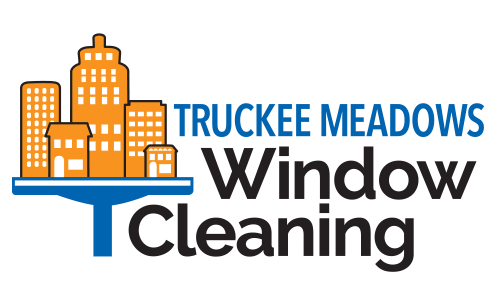Why should you pressure wash you home every year?
Pressure washing your home every year can bring several benefits. Here are some reasons why it is recommended:
Enhances curb appeal: Over time, dirt, grime, mildew, and other contaminants can accumulate on the exterior surfaces of your home, making it look dull and dirty. Pressure washing can effectively remove these stains and restore the original beauty of your home, improving its curb appeal.
Prevents damage: Mold, mildew, algae, and other organic substances can deteriorate the surfaces of your home, such as siding, deck, driveway, and patio. Regular pressure washing helps prevent the buildup of these substances, protecting your home from potential damage and extending its lifespan.
Maintains property value: A well-maintained home has higher market value. By pressure washing your home annually, you can preserve its condition and appearance, ensuring that it remains attractive to potential buyers or tenants if you decide to sell or rent it in the future.
Improves health and safety: Mold, mildew, and algae growth on exterior surfaces can pose health risks, particularly for individuals with allergies or respiratory conditions. Pressure washing eliminates these allergens and keeps your family and visitors safe from potential health issues.
Prepares for maintenance and painting: If you're planning to repaint your home or perform other maintenance tasks, pressure washing is an essential step. It helps remove dirt, loose paint, and debris, providing a clean surface for better adhesion of paint or other coatings.
Saves money in the long run: Regular pressure washing can help prevent costly repairs and replacements caused by neglecting the maintenance of your home's exterior. By investing in an annual pressure washing service, you can potentially save money by avoiding extensive damage that would require more expensive repairs.
It's worth noting that the frequency of pressure washing may vary depending on your location, climate, and specific needs. Consulting with professionals or referring to manufacturer guidelines for your home's materials can provide more specific recommendations.
